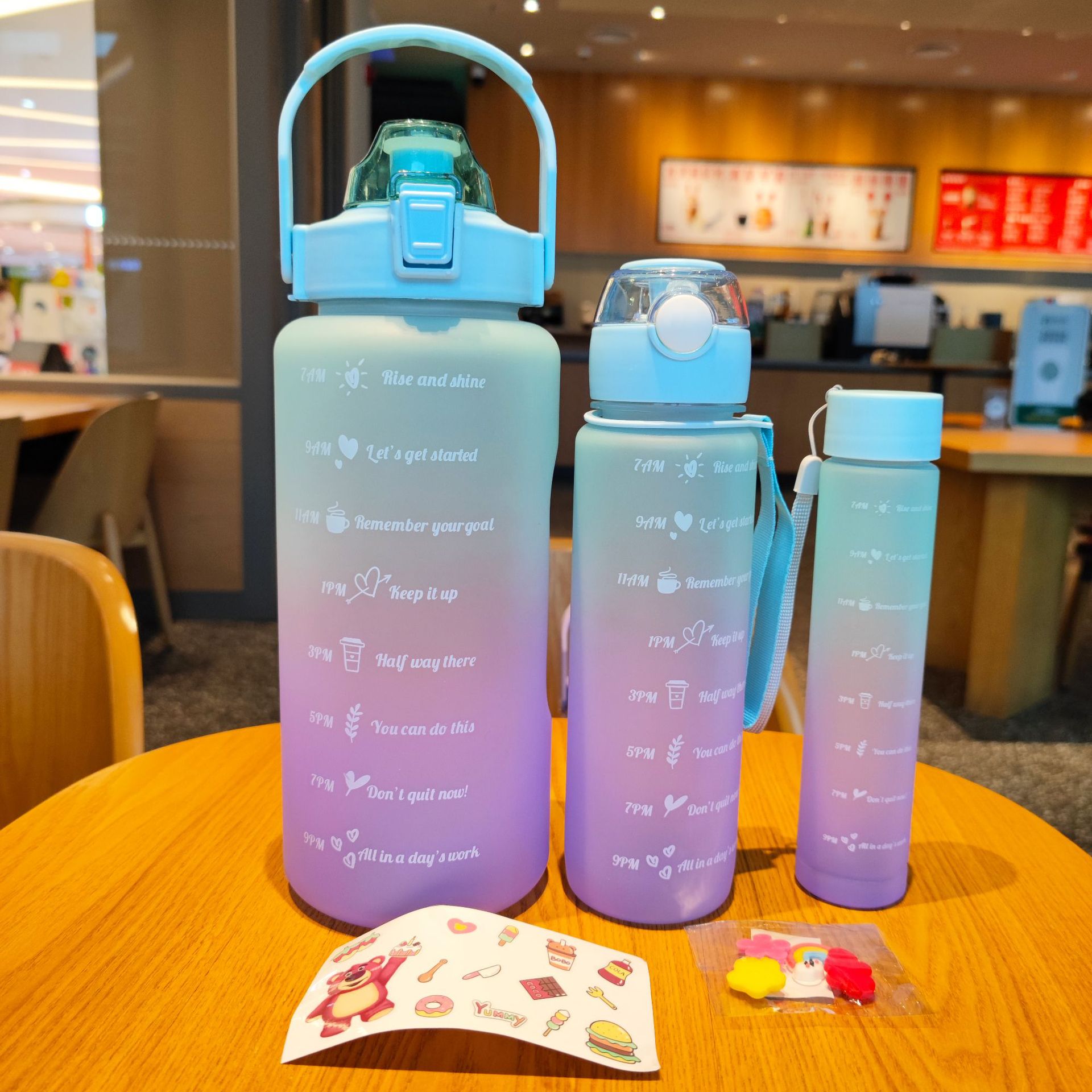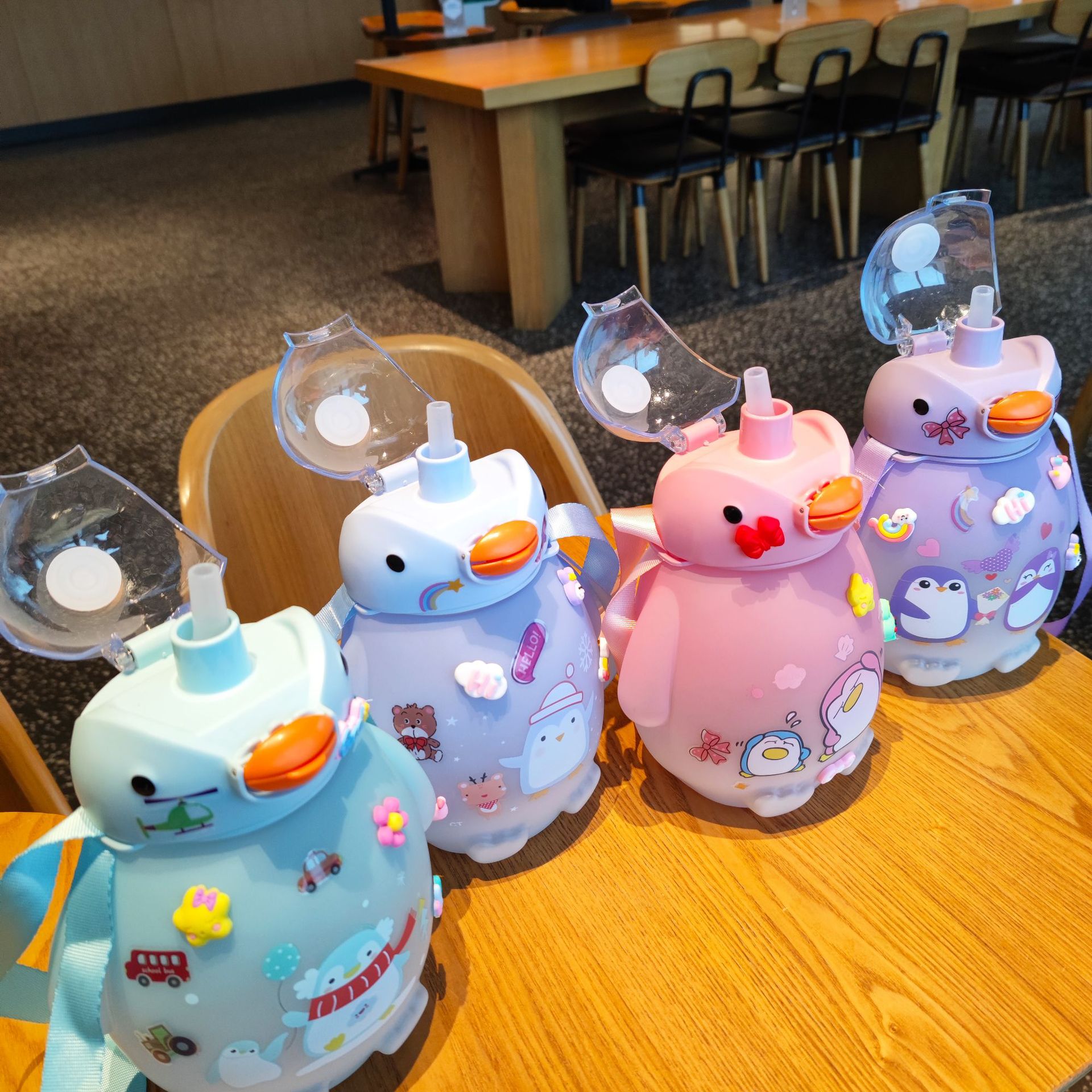Certainly, embracing sustainability in plastic water bottles represents an eco-forward approach, combining convenience with environmental responsibility:
- Recycled Plastic Content: Utilizing recycled materials in bottle production reduces the demand for new plastic, contributing to waste reduction and resource conservation.
- Bio-Based Plastics: Exploring bio-based alternatives derived from renewable sources offers biodegradable or compostable options, reducing environmental impact.
- Biodegradability Enhancements: Integrating additives that promote faster biodegradation ensures reduced persistence of plastic in the environment after disposal.
- Durable and Reusable Designs: Encouraging durable and reusable plastic bottles promotes extended use, reducing the need for single-use plastics.
- Lightweight and Efficient Solutions: Innovative lightweight designs optimize material usage, reducing energy consumption during production and transportation.
- Improved Recycling Technologies: Advancements in recycling technologies facilitate more efficient and comprehensive recycling of plastic bottles, closing the recycling loop.
- Refillable Systems and Reusability: Expanding refill stations and promoting multi-use bottles encourage the reuse of plastic bottles, reducing waste generation.
- Consumer Education Initiatives: Educating consumers about responsible disposal and recycling practices empowers them to make sustainable choices in plastic usage.
- Regulatory Support: Stricter regulations and industry standards drive the adoption of more sustainable practices in plastic bottle manufacturing.
- Collaborative Sustainability Efforts: Partnerships between industries, governments, and environmental groups foster sustainable practices and collective action toward eco-friendly plastic solutions.
By embracing these sustainable practices, plastic water bottles can align with eco-forward principles, allowing for a balance between the convenience of plastic and the imperative need for environmental conservation.



